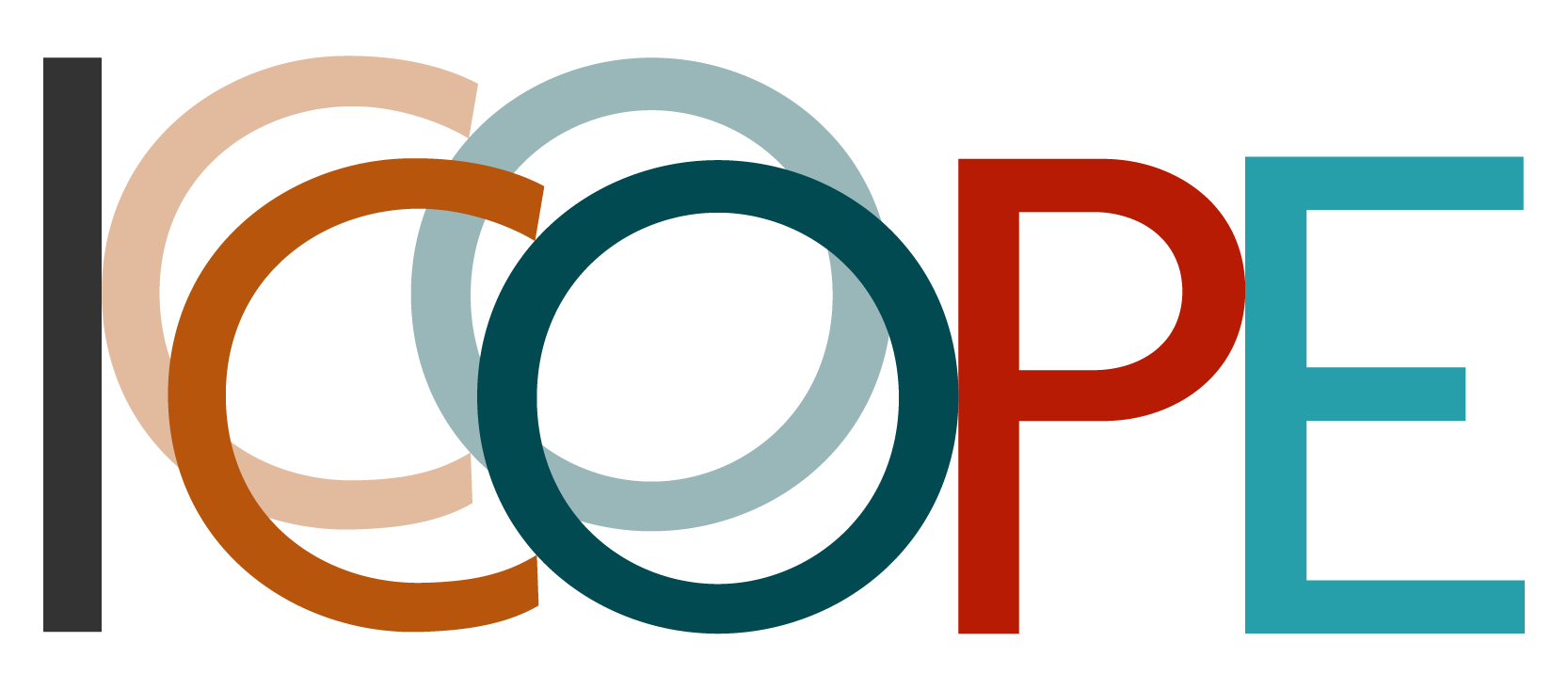I CO-COPE: Inclusion through Interprofessional Collaboration in a Community of Practice in Education
Ref: 2022-1-BE02-KA220-SCH-000089287
Duration: 01/08/2023 -31/07/2026
An Erasmus+ partnership with the participation of:
Portugal (Escola Superior de Educação do Politécnico do Porto)
Austria (University College of Teacher Education Styria and Chance B)
Belgium (University Colleges Leuven-Limburg and Arteveldehogeschool)
Slovakia (Comenius University in Bratislava)
The Erasmus+ I CO-COPE project aims to identify how and to what extent members of school communities work collaboratively among professionals and with pupils to promote inclusive education. After this first phase of analysis, the project will develop a set of educational resources and tools to promote reflection and the use of tools that enable teachers to establish and develop a Community of Practice (CoP) in their school around dilemmas related to inclusion.
In the CoP approach, all educational actors - including students - are involved in pursuing a common goal based on a need in their educational context. It is a way of establishing connections, sharing challenges and managing complex needs that may arise from learning difficulties, disabilities or other forms of diversity (cultural, linguistic, socio-economic, ...).
Project objectives:
- To improve the capacity of schools to face the challenges associated with inclusive education;
- Create knowledge about how interprofessional collaboration in schools can contribute to inclusion;
- Create knowledge on how school development for inclusion can be conducted within and between the four countries;
- Promote students' agency and active participation in democratic life, contributing to the prevention of early school leaving and school failure.
Project activities:
- Review of literature and practice on the four key concepts: inclusion, student agency, community of practice and interprofessional collaboration.
- Needs analysis, through a survey of 20 schools and focus groups in 8 schools;
- Development of online training modules, which will be translated into all the languages of the partner countries;
- Facilitation, monitoring and evaluation of a Community of Practice in each of the 8 schools associated with the project.
Expected results:
- Reflection tool and knowledge base on the four key concepts;
- Professional development programme, including training modules;
- Inspirational podcasts for education professionals;
- CoP implementation manual for inclusion in the school context;
- Recommendations based on the experiences and results of practical CoP work.


